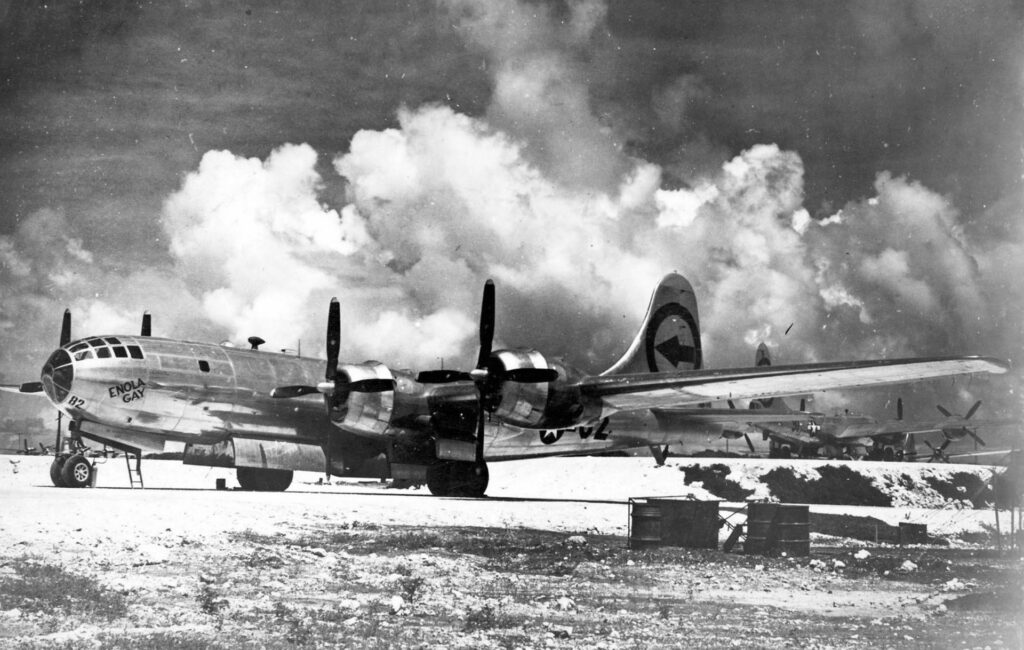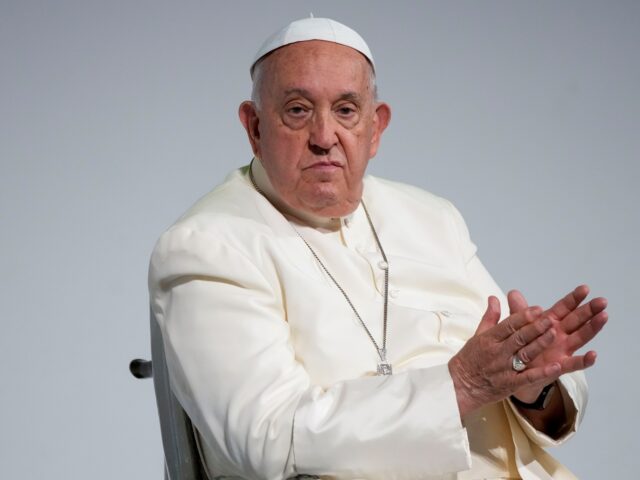ROME — Pope Francis prayed Sunday for the victims of the 1945 atomic bombing of the cities of Hiroshima and Nagasaki, a topic he has returned to on numerous occasions.
In these days we have commemorated “the anniversary of the atomic bombing of the cities of Hiroshima and Nagasaki,” the pontiff told visitors gathered in Saint Peter’s Square for his weekly Angelus address.
“As we continue to commend to the Lord the victims of those events, and of all wars, let us renew our intense prayer for peace, especially for troubled Ukraine, the Middle East, Palestine, Israel, Sudan and Myanmar,” he said.
The pontiff has repeatedly condemned the U.S. bombing of Japan that brought an end to the Second World War.
Prior to his 2019 trip to Japan, Francis denounced the “evil” bombings of Nagasaki and Hiroshima, calling the attacks a “tragic episode in human history.”
“I will soon visit Nagasaki and Hiroshima, where I will offer prayers for the victims of the catastrophic bombing of these two cities, and echo your own prophetic calls for nuclear disarmament,” the pope told Japanese bishops.
“I wish to meet those who still bear the wounds of this tragic episode in human history, as well as the victims of the triple disaster,” he said. “Their continued sufferings are an eloquent reminder of our human and Christian duty to assist those who are troubled in body and spirit, and to offer to all the Gospel message of hope, healing and reconciliation.”
“Evil has no preferences; it does not care about people’s background or identity,” he said.

File/Enola Gay Boeing B-29 on 6 August 1945, during the final stages of World War II, became the first aircraft to drop an atomic bomb. The bomb, code-named “Little Boy”, was targeted at the city of Hiroshima, Japan. (Universal Images Group via Getty Images)
In 2018, the pope handed out postcards to journalists featuring the photo of a Japanese boy carrying his dead brother after the U.S. bombing of Nagasaki. It included his personal message: “the fruit of war” and had the Pope’s signature, “Franciscus.”
“So it is necessary to destroy the weapons, let’s strive for nuclear disarmament,” Francis said at the time.
Francis has insisted that the 1945 bombing of the cities of Hiroshima and Nagasaki arose from a U.S. “desire for dominance and destruction” rather than from concern to halt Japanese aggression and put an end to the war.
“The Hibakusha, the survivors of the atomic bombs dropped on Hiroshima and Nagasaki, are among those who currently keep alive the flame of collective conscience, bearing witness to succeeding generations to the horror of what happened in August 1945 and the unspeakable sufferings that have continued to the present time,” the pope said in a message.
Francis has singled out nuclear weapons for his denunciations, while underscoring the sufferings of the Japanese people.
He has never mentioned, however, the biological and chemical weapons employed by the Imperial Japanese Army to disastrous effect during its invasion and occupation of China during World War II. He has also never referred to other Japanese atrocities and war crimes prior to and during that conflict, notably the Nanking Massacre of 1937 in which Japanese soldiers raped tens of thousands of women and murdered as many as 300,000 civilians and unarmed combatants.
The pope also has avoided mentioning the reason for America’s entry into the Second World War: namely the preemptive Japanese bombing of Pearl Harbor. The United States was a neutral country at the time, having sought to remain so, but after the Japanese aggression Congress declared war on Japan the following day, December 8, 1941.

COMMENTS
Please let us know if you're having issues with commenting.